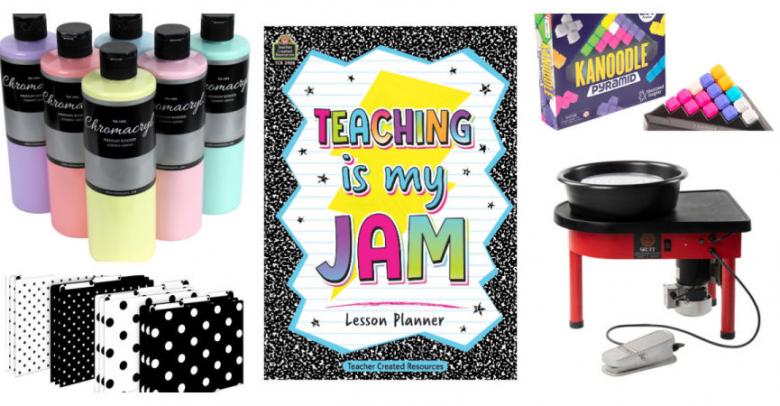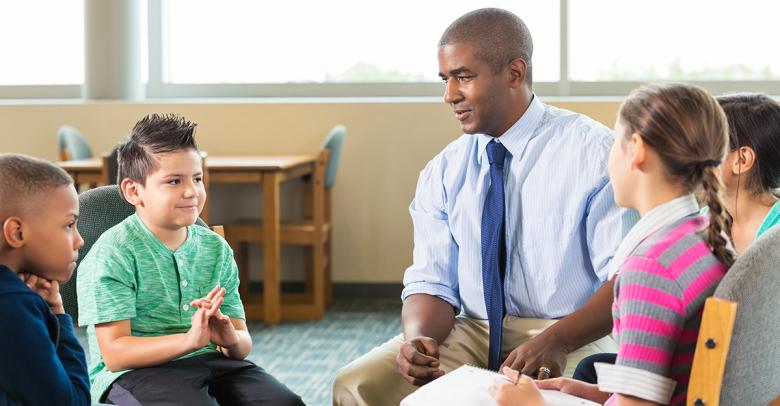Implementing some teaching on manners in the classroom is important since good etiquette and polite behavior are essential to success in everyday life. Of course, it’s not always easy to get kids to remember good manners. Use the following tips to help your students remember good manners, both at school and when they’re at home.
Tip #1 – Ask Parents to Help Reinforce Proper Manners
It’s not enough to teach manners in the classroom. You’ll need some help. Let parents know that you are working on polite manners and behavior in the classroom. Ask for their help at home. Consider sending home some tips and ideas that can be used at home to encourage good manners.
Tip #2 – Try Role Playing in the Classroom
Let kids try some role-playing in the classroom to help them learn more about how and when they need to use good manners. Come up with various situations they can act out, such as how to politely ask for a turn on the swings or how to act when meeting someone for the first time. Make it fun. The more kids role-play, the more they are likely to remember their manners in various situations.
Tip #3 – Give Kids Opportunities to Practice Their Manners
Repetition is essential to learning something new, so make sure you give kids opportunities to practice good manners. Insist on your students saying “thank you” and “please” in the classroom. If kids forget their manners, find a way to gently remind them that they need to use their manners. As you give them more opportunities to practice being polite, you’ll find that they remember to use their manners more often. Look for special days like National Thank You Month to highlight positive affirmations.
Tip #4 – Offer Correction in a Positive, Polite Way
Sometimes you’ll need to offer correction to your students if they fail to use good manners in the classroom. However, make sure you offer correction in a positive, polite way. You need to be a good example of good manners. Don’t threaten children with punishment, but encourage children to use their manners in a positive way so you make being polite a positive experience in the classroom. Emphasize the benefits of using good manners, including being more successful at getting what they want or being invited to play with more friends. Affirmative, positive language will provide better results than negatively correcting children.
It’s not enough to teach kids about manners – they also need to learn to use them regularly, both at school and at home. With these tips, you’ll be able to teach lasting lessons, helping children remember their manners wherever they may be.






Leave a Reply